The greatness of Aakash Odedra is perfectly reflected in his remarkable body of work, marked by his admirable ability to cross creative boundaries.
The British Asian dance maestro continues his run of innovative productions with his latest offering, Songs of the Bulbul, which embarks on a UK tour from April. The show, which premiered to great acclaim at last year’s Edinburgh International Festival, is inspired by an ancient Sufi myth about a Persian nightingale who, when captured, sings a glorious tune.
Eastern Eye caught up with the world-class talent to discuss his new show – a thought-provoking blend of dance and powerful music.

You always come up with unique productions. What first connects you to a project creatively?
There could be several factors that trigger a catalytic reaction in my creative mind. It could be something that emotionally captivates me, or a subject I feel compelled to explore in order to understand it more deeply. Most of the time, the productions are born from the heart – because that is the most fertile place for creativity.
The heart is an instrument with the unique ability to override the brain and logic. Dreams born from this place tend to take me, as an artist, to imaginary inner worlds where infinite possibilities are born.
What inspired Songs of the Bulbul?
SOTB was inspired by the story of a caged bird and its song, which is said to be so powerful because the bulbul sings of what humanity yearns for – it sings about freedom. The myth tells us that this mystical bird from Persia underwent a process of refinement to reach the perfect pitch. Ultimately, that training leads to its death, as it sings its final, most melancholic and potent song. Through death, the bird is freed from its mortal cage that had shackled its spirit.
Tell us more about the process.
Both Rani Khanam (choreographer) and I felt this story mirrored the life of an artist. Each time I perform on stage, it feels like I leave a part of myself behind. I feel as though I die a little. We keep refining ourselves until there is nothing left to refine. Eventually, we must let go in order to be free.
Tell us about the show. How does it compare to your other productions?
This production came from the heart and soul. Every collaborator approached it from an emotional space. It is also a tribute to my mother, Kay, whom I call my smiling Bulbul. She sadly took her own life in 2020. A chapter of my life is embedded in this work in a way that has not manifested in anything else I have created. It comes from a deeply vulnerable and honest place – from a space of human fragility.

Does having set such a high standard with previous shows create pressure?
One has to remove that thought as soon as it enters the mind. Today, people like my work; tomorrow, they may not. Things change, tastes change. I cannot associate my own growth with how people define a high-standard show.
But you have set such a remarkably high standard.
I am just an artist – simple at heart and on a journey into the unknown. I’m a boy from Sparkbrook, Birmingham – a deprived part of England. Everything in life feels like a blessing. Every morning I wake up is a new beginning, and each show is a new show. I try to stay present and treat every performance with the integrity it deserves. The challenge is never to add more to meet an expectation, but to be bold enough to let the piece define its own standard.
Your shows always have a strong musical element. Can you tell us about that aspect of SOTB?
The music in SOTB is one of its strongest elements, as the piece is about the song of a bird. There was only one person who could do it justice – Rushil Ranjan, now an associate at the Royal Albert Hall. He lives the story through the music, and it is so powerful that even without dance, if you just close your eyes, the music alone tells the story. It has been a collaboration with the Manchester Camerata, featuring the stunning voices of Abi Sampa and Sarthak Kalyani.
What is composer Rushil Ranjan like to work with?
He is a dream collaborator. He becomes completely immersed in the work – day and night cease to exist. I have never met anyone like him. Humility, humour, passion, and unconditional love are the qualities that flow into his music because they are part of him.
Who are you hoping connects with this show?
Anyone who has a heart.
What is your favourite moment in the show?
That’s hard to say – it changes.
How much did the rave reviews when the show premiered last year mean to you?
It was unexpected and surprised all of us. More than what it meant to me personally, it was a proud moment for the whole team. Everyone worked tirelessly – without watching the clock – to bring this production to life. They are the stars and deserve all the attention and appreciation they receive.
Did you learn anything new while creating the show?
Yes – to trust, to remain calm, and to stay peaceful.
What is the secret to maintaining such a high creative standard as a performer?
The blessings and teachings of my spiritual guru and dance gurus. They taught me to be the best version of myself and to always remember that I am a grain of sand in the universe. Be a vessel. Give until you have nothing left – and then give more.
Why should we all come to see your new show?
(Smiles) Come watch the show – then perhaps you can tell me.
Why should we all come to see your new show?
(Smiles) Come watch the show – then perhaps you can tell me.
Tour Dates:
- Birmingham Hippodrome – April 8–10
- The Curve, Leicester – April 29–30
- Brighton Dome – May 16–17
- Norwich Playhouse – May 20–21
- Salisbury Playhouse – May 29
- Nottingham Playhouse – June 3
- Oxford Playhouse – July 2
- Sadler’s Wells East, London – July 17–19






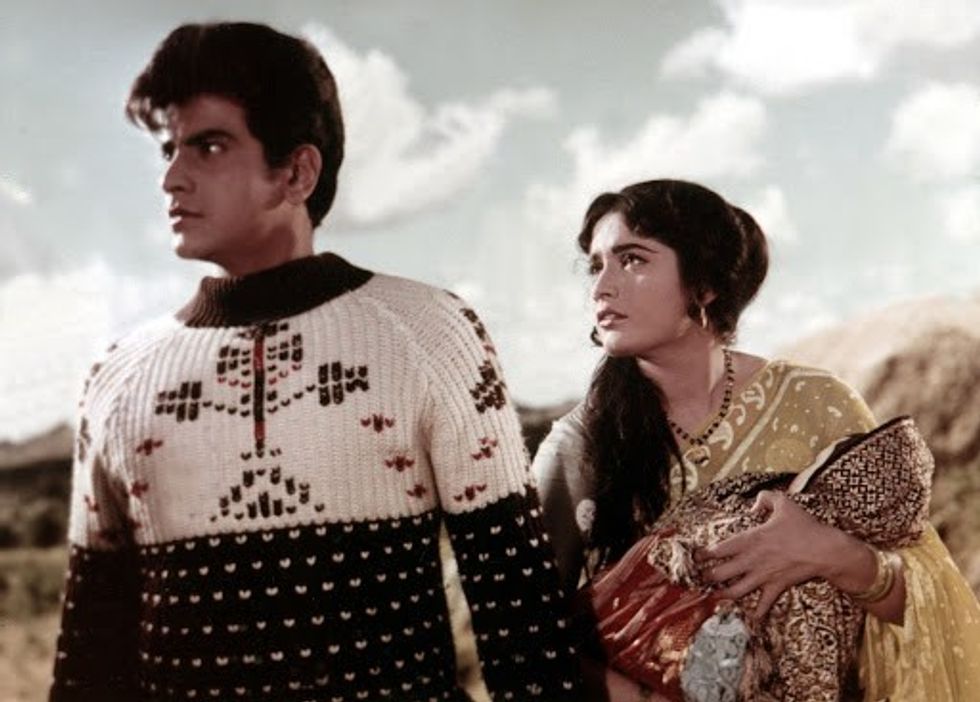 Geet Gaya Patharon NeMovie still
Geet Gaya Patharon NeMovie still Ekta Kapoor , Jeetendra and Tusshar KapoorGetty
Ekta Kapoor , Jeetendra and Tusshar KapoorGetty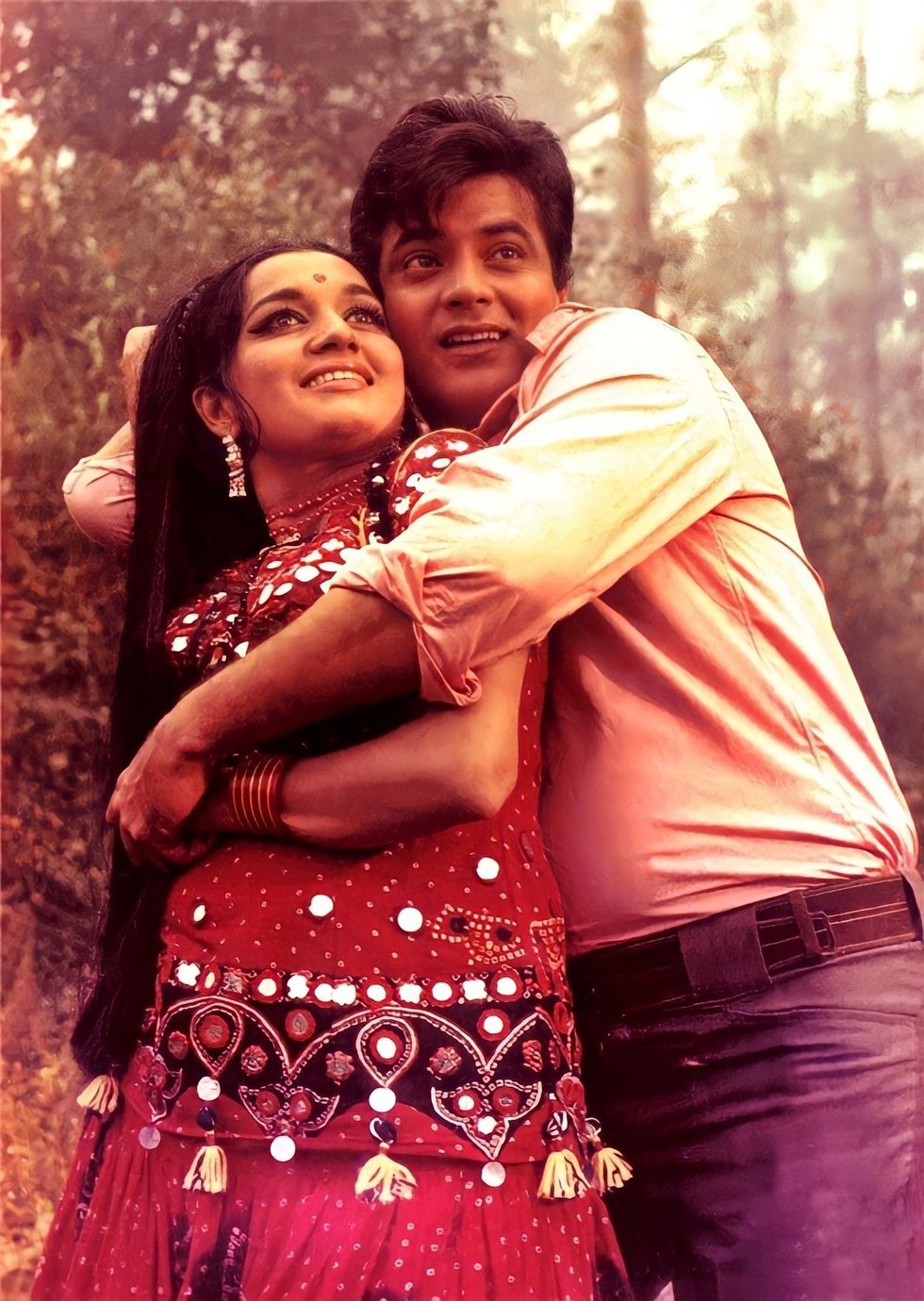 CaravanMovie
CaravanMovie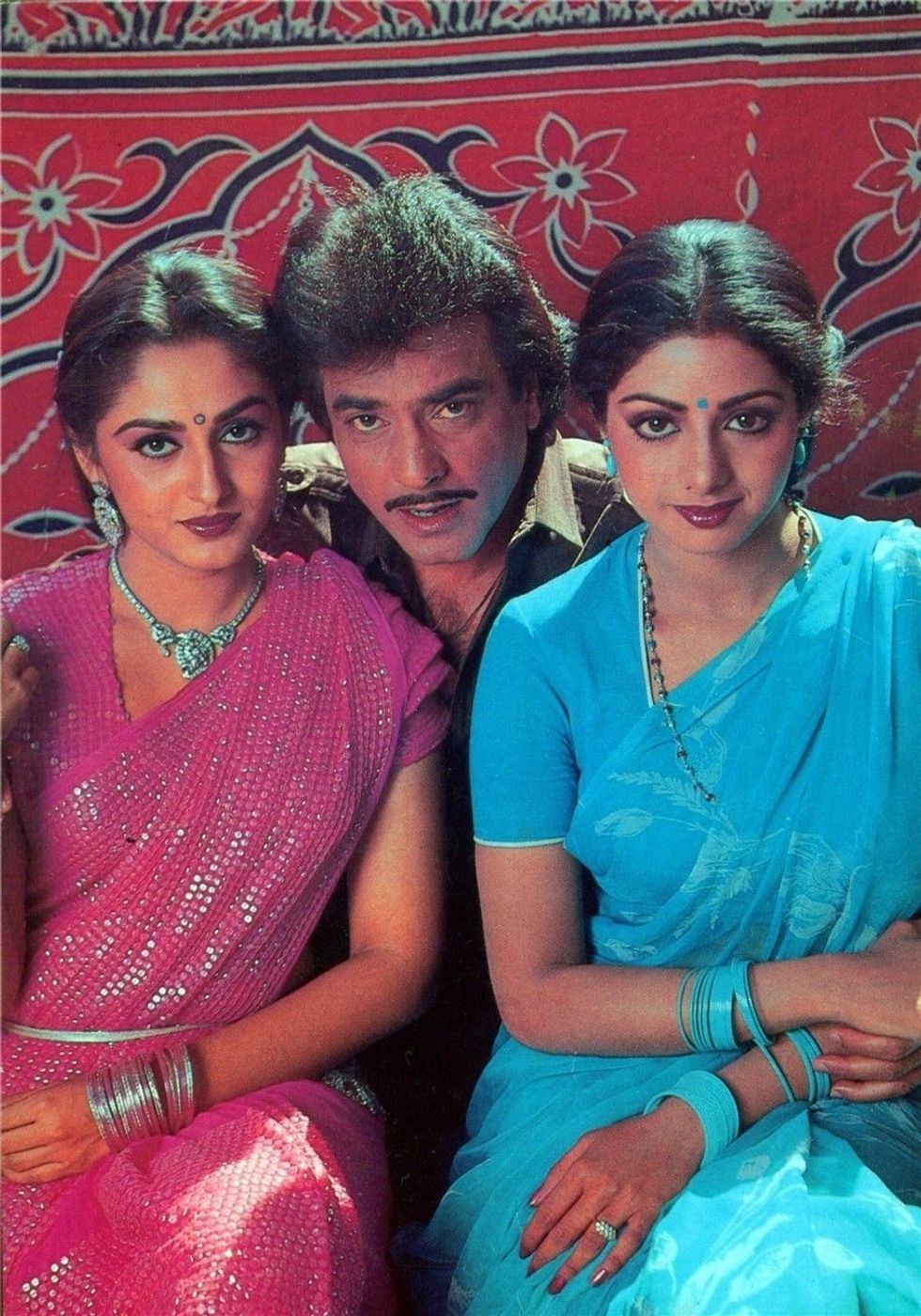 Jaya Prada, Jeetendra and SrideviJeetendra movie
Jaya Prada, Jeetendra and SrideviJeetendra movie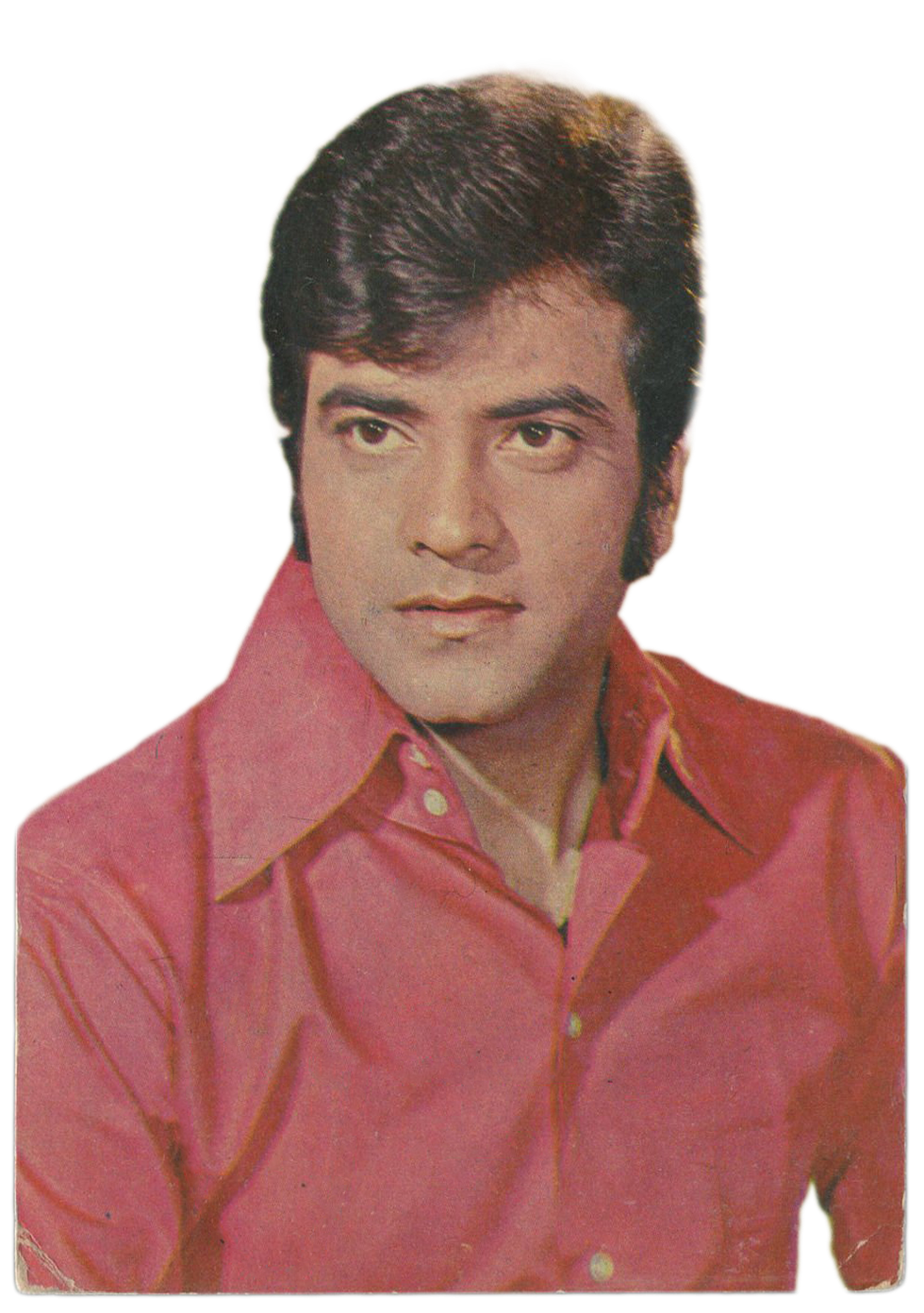 JeetendraMovie still
JeetendraMovie still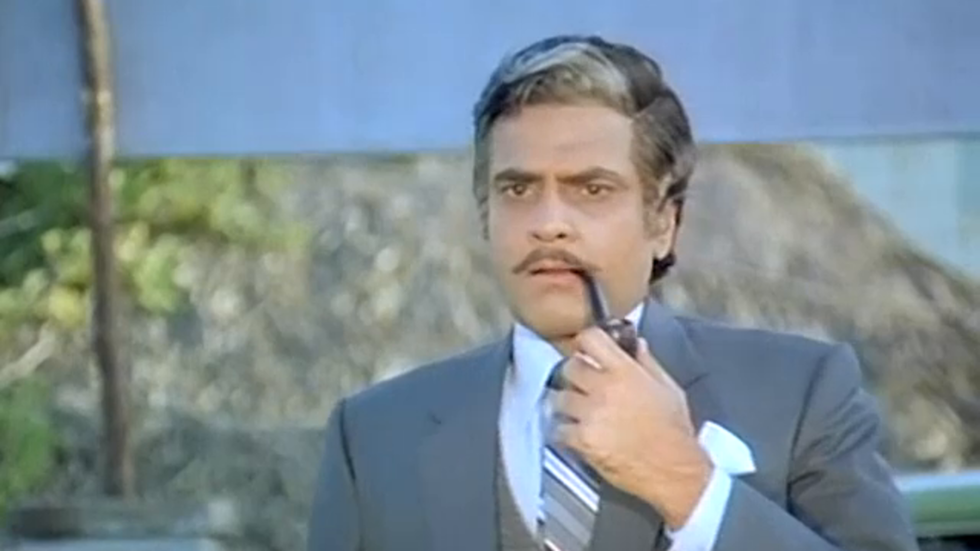 Justice ChaudhuryJeetendra
Justice ChaudhuryJeetendra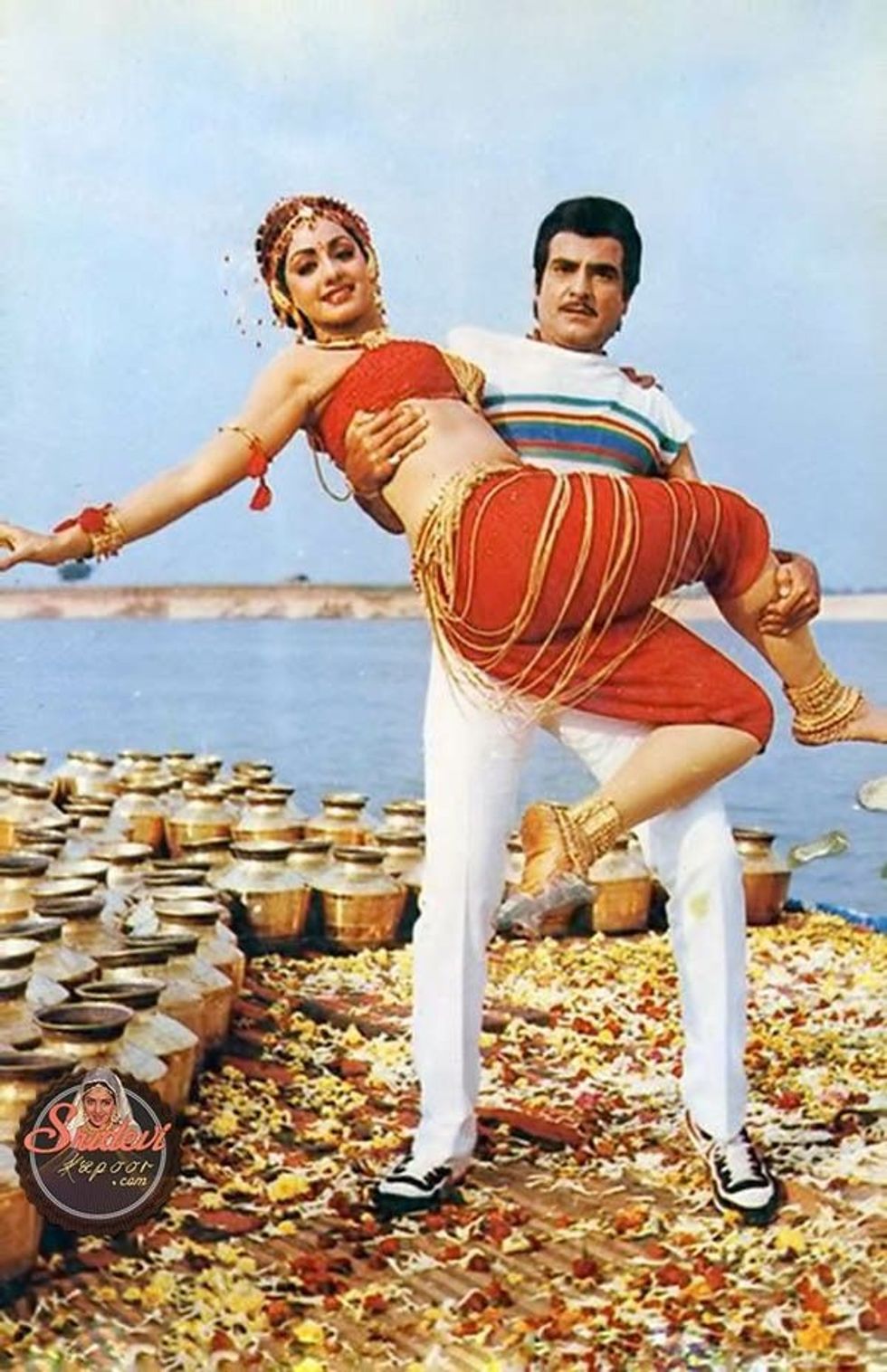 HimmatwalaSridevi Kapoor.com
HimmatwalaSridevi Kapoor.com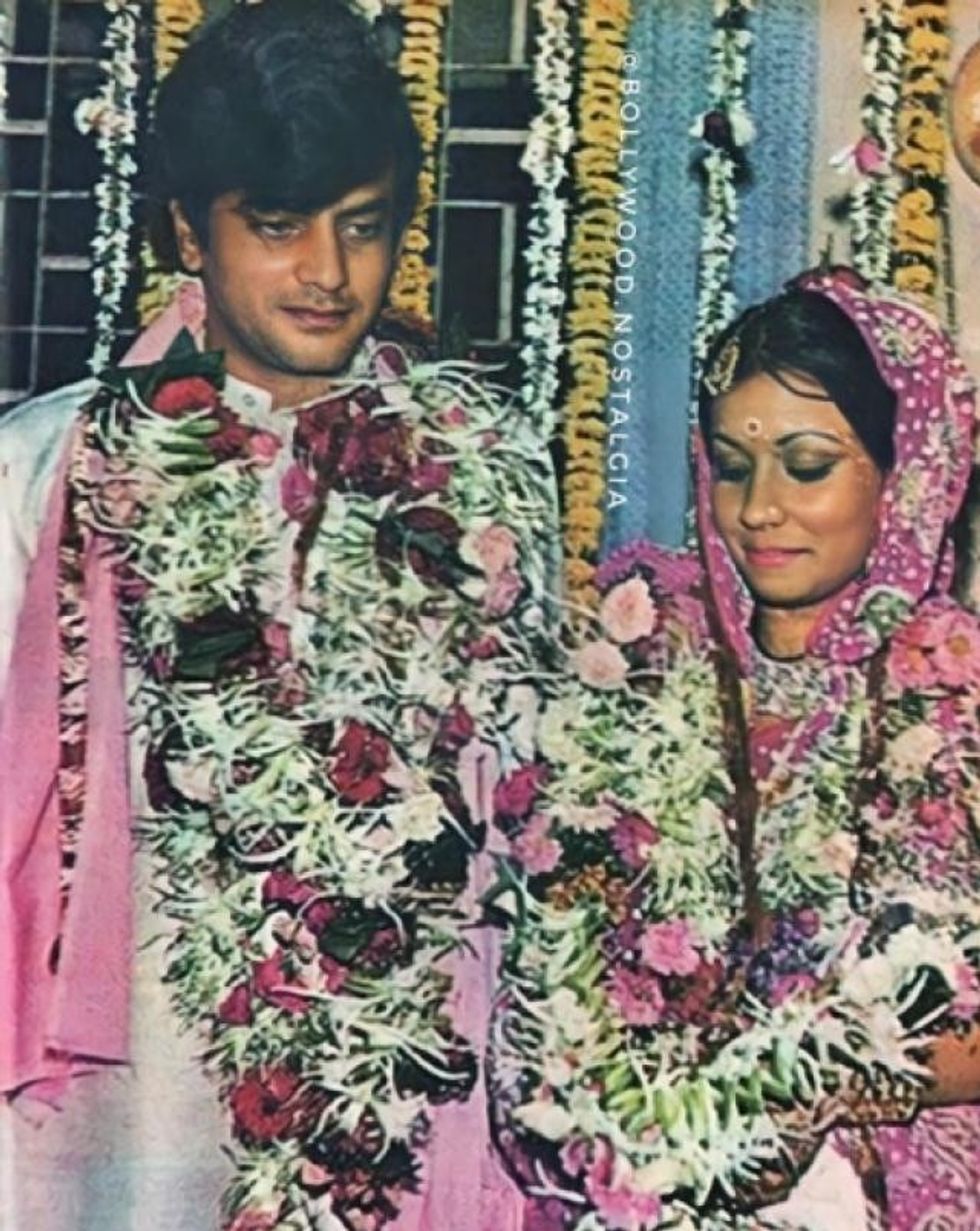 Jeetendra and his wife ShobhaBollywood Nostalgia
Jeetendra and his wife ShobhaBollywood Nostalgia














 The show celebrates the spirit of tradition with the festive fervour of different garba stylesDarshana Vadgama-Envy Studios
The show celebrates the spirit of tradition with the festive fervour of different garba stylesDarshana Vadgama-Envy Studios Each adding its unique hue to the rich tapestry of Gujarati cultureDarshana Vadgama-Envy Studios
Each adding its unique hue to the rich tapestry of Gujarati cultureDarshana Vadgama-Envy Studios